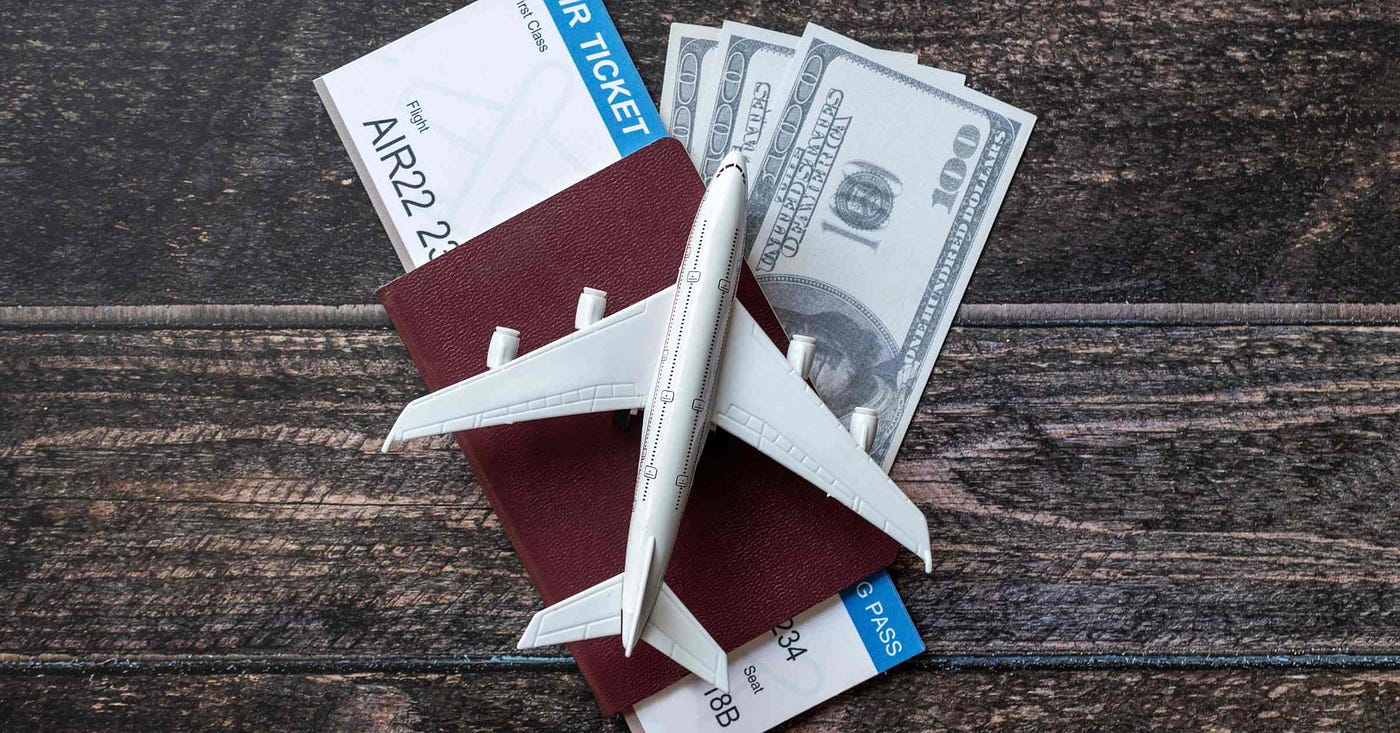If you’re planning to travel with cash, it’s important to understand US Customs regulations and airline security procedures to avoid trouble at the airport.
In the United States, there is no limit on the amount of cash or monetary instruments you can bring on a flight. However, if you’re traveling internationally, any amount over $10,000 must be declared to US Customs and Border Protection (CBP).
This guide covers:
- US Customs cash declaration rules
- International limits in other countries
- How to declare money at the airport
- Penalties for not declaring cash
- Tips for traveling with large sums of money
US Customs Regulations for Flying with Cash
When you enter or leave the US, you must declare cash or monetary instruments worth more than $10,000. This is part of America’s effort to prevent money laundering, terrorist financing, and other illegal activities.
The rule applies to:
- US dollars and foreign currency equivalents
- Traveler’s checks
- Money orders, cashier’s checks, and promissory notes
- Bearer bonds and negotiable instruments
- Precious metals and rare coins (considered cash for customs)
Important: The $10,000 limit applies to the total carried by a group, not per person. For example, a family of four each carrying $3,000 (total $12,000) must declare the amount.
Cash Limits in Other Countries
Different countries have their own cash declaration rules:
- United Kingdom: Declare £10,000 or more when entering/leaving.
- European Union: Declare €10,000 or more.
- Canada: Declare amounts over CAD 10,000.
- Australia: Declare more than AUD 10,000 using a CBM-PC form.
Flying with Cash Domestically
If you are flying within the United States:
- There is no legal limit on how much cash you can carry.
- The TSA doesn’t set a cash limit, but large amounts may trigger extra screening.
- Law enforcement may question you about the source of funds.
- In rare cases, cash can be seized under civil asset forfeiture if suspected of illegal activity.
Flying with Cash Internationally
When traveling internationally, declare more than $10,000 using FinCEN Form 105.
Failure to declare can lead to:
- Seizure of funds
- Civil fines
- Criminal prosecution
- Loss of Global Entry status
What Counts as Cash for Customs
US CBP considers the following as currency:
- Coins and banknotes (US or foreign)
- Traveler’s checks
- Signed money orders without a named payee
- Bearer bonds, securities, and stocks in bearer form
- Bullion and high-purity gold coins
Not considered cash:
- Jewelry or gemstones
- Gold bars or nuggets
- Casino chips
- Antiques or collectible stamps
How to Declare Cash While Traveling
- Fill Out FinCEN Form 105 – Report international transportation of currency or monetary instruments.
- Provide Supporting Documents – Bank withdrawal slips, financial letters, or proof of ownership.
- Declare at the Border – Submit the form to CBP upon arrival or departure.
Penalties for Not Declaring Cash
Failing to declare over $10,000 can result in:
- Immediate seizure of funds
- Civil penalties (hefty fines)
- Criminal charges if tied to illegal activities
- Loss of Trusted Traveler programs like Global Entry
Tips for Traveling with Cash
- Know the rules – $10,000 limit applies to total group amount.
- Keep cash in carry-on, not checked baggage.
- Use a money belt with RFID protection.
- Consider alternatives like prepaid travel cards, online transfers, or wire transfers.
Conclusion
You can fly with any amount of cash legally, but amounts over $10,000 must be declared when traveling internationally. The rules apply to groups collectively, not just individuals. By following the US Customs cash declaration rules, you can avoid fines, seizure of funds, and legal trouble.
FAQs
Q: Can you fly with cash?
Yes, but follow US Customs regulations if traveling internationally.
Q: How much cash can you fly with internationally?
Any amount is legal, but over $10,000 must be declared.
Q: Is there a TSA cash limit?
No limit domestically, but declaration rules apply for international travel.







Leave feedback about this